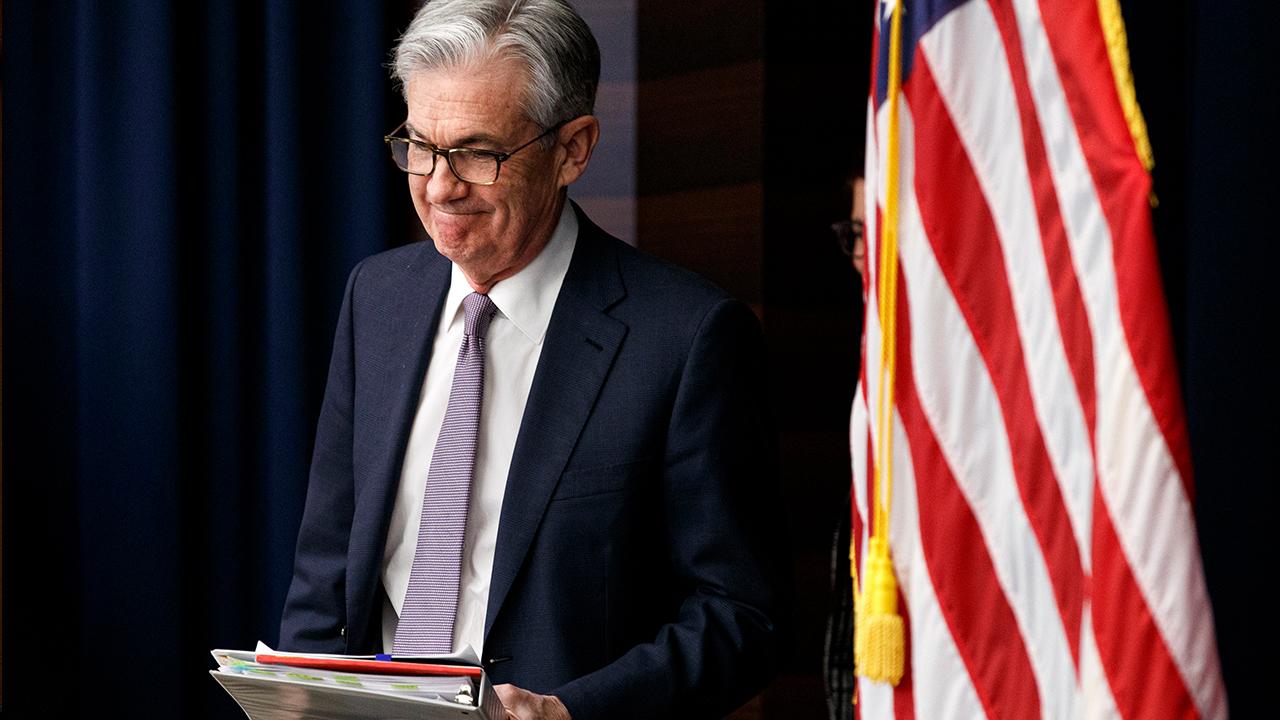Fed's Powell says US economy faces 'whole new level' of uncertainty amid coronavirus pandemic
The virus outbreak triggered a broad shutdown of the majority of the nation's economy
Get all the latest news on coronavirus and more delivered daily to your inbox. Sign up here.
Federal Reserve Chairman Jerome Powell said Thursday the U.S. economy is facing an unprecedented level of uncertainty as a result of the coronavirus outbreak, which has triggered the worst economic catastrophe since the Great Depression.
“We are now experiencing a whole new level of uncertainty, as questions only the virus can answer complicate the outlook," Powell said Thursday during prepared remarks for a virtual Fed Listens event.
The U.S. central bank chief said the economic downturn has been "sudden and severe" -- but noted the fallout is disproportionately affecting low-income Americans.
FED'S POWELL SAYS US ECONOMY MAY NEED MORE POLICY HELP TO AVOID 'PROLONGED' RECESSION
"And while the burden is widespread, it is not evenly spread. Those taking the brunt of the fallout are those least able to bear it," he said.
A previous Fed survey found the coronavirus job losses appeared to be concentrated among low-income workers: About 39 percent of individuals working in February with a household income below $40,000 reported losing their job in March.
In the nine weeks since the economy came to a grinding halt, nearly 39 million Americans have lost their jobs, a development that Powell described as "tragic and heartbreaking." In February, before the virus gained foothold in the U.S., unemployment was at a half-century low of 3.5 percent.
US CONSUMERS' EXPECTATIONS DETERIORATED 'SHARPLY' IN APRIL, FED SAYS
The Fed responded to the crisis by taking a range of extraordinary actions to support the economy, including slashing interest rates to near-zero, purchasing an unlimited amount of Treasurys (a practice known as quantitative easing) and launching crisis-era lending facilities to ensure that credit flows to households and businesses. It has also said it will buy corporate bonds and lend to states and cities.
In the past eight weeks, the Fed has pumped nearly $2.9 trillion into the economy, and its balance sheet has expanded to $7 trillion, a record.




















